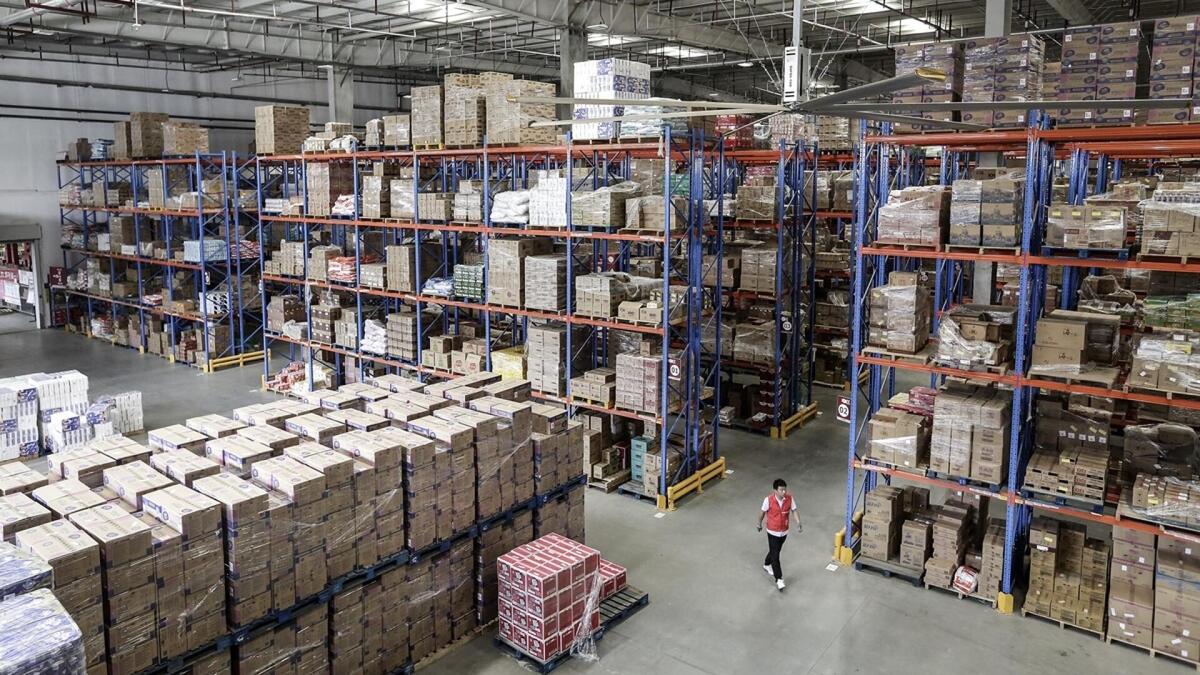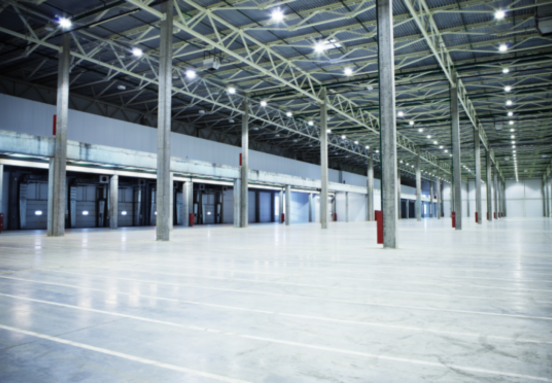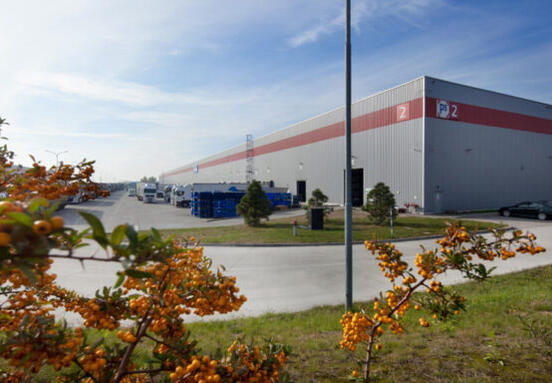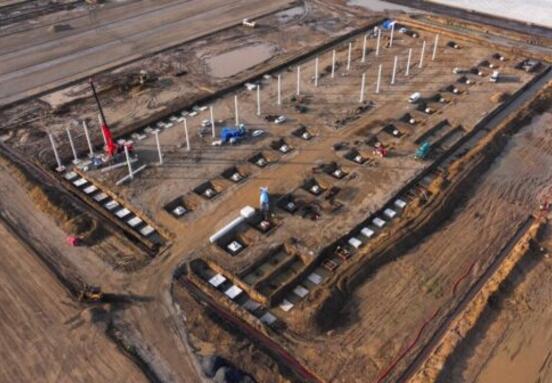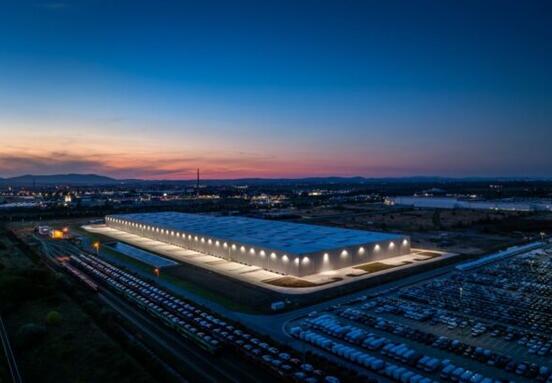Key logistics
"Although the number of new leases across the country decreased only marginally on average, the occupancy rate of warehouses in or near the capital did not deteriorate, for example in the case of the Alfa Group it is consistently above 95 percent," the real estate group said, adding that that logistics is an area in which interest in investments has not decreased.
According to the head of the international real estate group, Ohad Epschtein, this is evidenced by the fact that the group has contracts planned for the end of the year. "The same can be observed with other investors, while with the current decrease in the total volume, the center of gravity of the construction sector is shifting to logistics and energy renewal," he said.
However, new construction and planned projects are experiencing stagnation. "The price of new construction depends on labor and material costs, so it is forced to rise against the intentions of investors, while interest rates on loans discourage buyers. The rental housing market follows this trend, but less rigidly. Landlords have significantly more room to maneuver than builders, but even here prices are high due to strong demand being diverted through the market,” pointed out Epchstein.
Energy aspect of buildings
According to the real estate group, energy renovation is a particularly important aspect. "There appears to be a persistent and substantial gap between sustainable (more sustainable), green, green rental buildings with minimal overhead costs to operate and less energy efficient buildings - across all segments," the group said, noting that the importance of cost-effectiveness it manifests itself mainly in the market for office and warehouse space.
Other buyers - investment and those paying cash - are spending money almost exclusively on modern energy properties and are taking advantage of the current market situation, which is favorable for them, the investment group assessed.
"However, those who also use the loan tend to compromise on energy efficiency and buy a less modern property in worse condition for the same amount, claiming that the property can be warmed but cannot expand much. However, this is a flawed approach, as this gap will continue to widen, which could lead to a loss of value, while the cost of energy recovery continues to rise," emphasized Epschtein.
